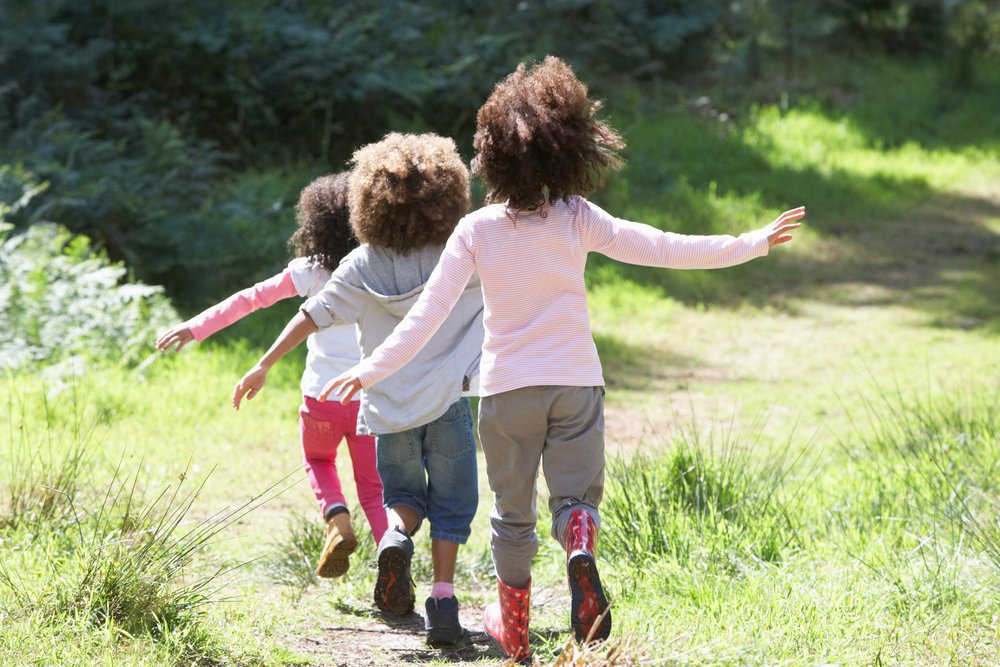
Why is physical activity important for child development?
Key points: Physical activity is crucial during childhood as it optimizes bone strength during growth and has immediate benefits for children’s development. Bones…
Discover the key milestones of physical, cognitive, linguistic and socio-affective child development and understand the science behind child development.
Discover the key milestones of physical, cognitive, linguistic and socio-affective child development and understand the science behind child development.

Key points: Physical activity is crucial during childhood as it optimizes bone strength during growth and has immediate benefits for children’s development. Bones…
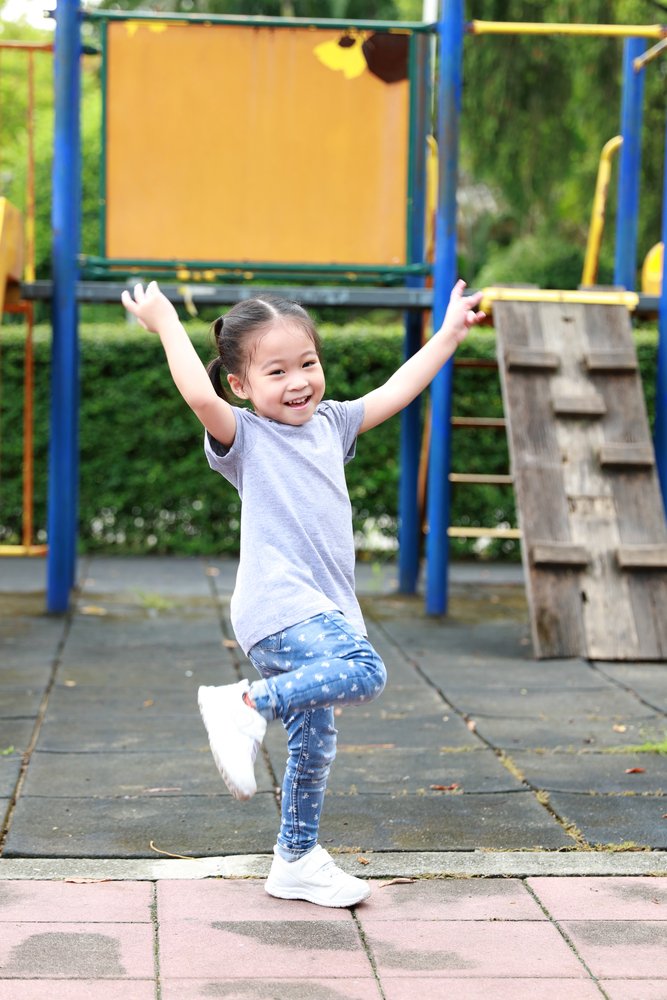
Key points: Sensory-motor games enhance physical skills, while games with rules model orderly thought and morality. Physical activity improves cognition, attention, and cognitive…
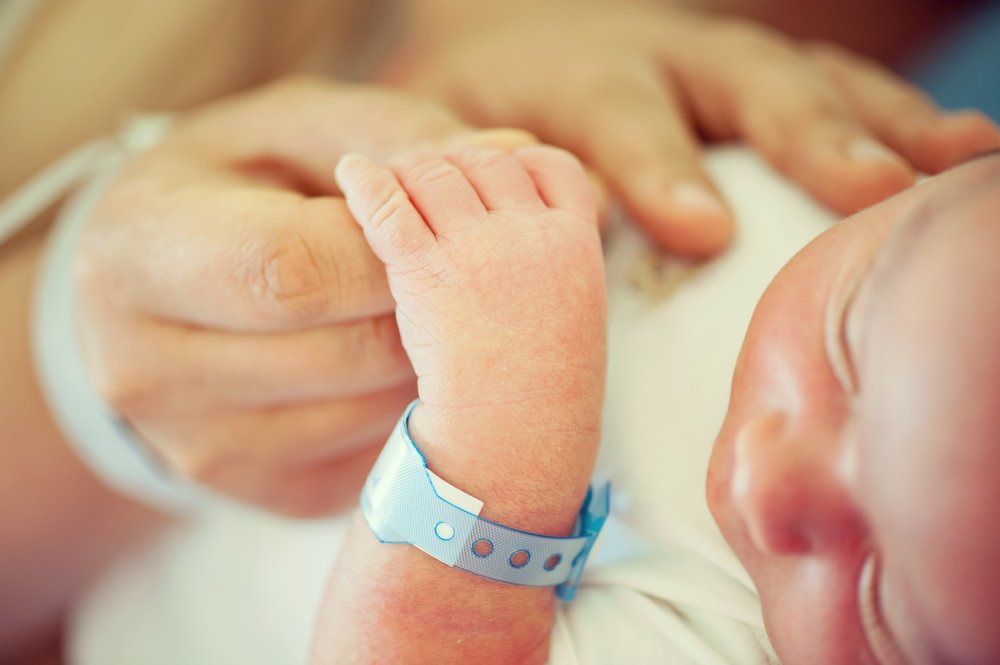
Key Points: Newborn reflexes are innate survival mechanisms that protect infants from harm and indicate the proper functioning of the brain and nervous…
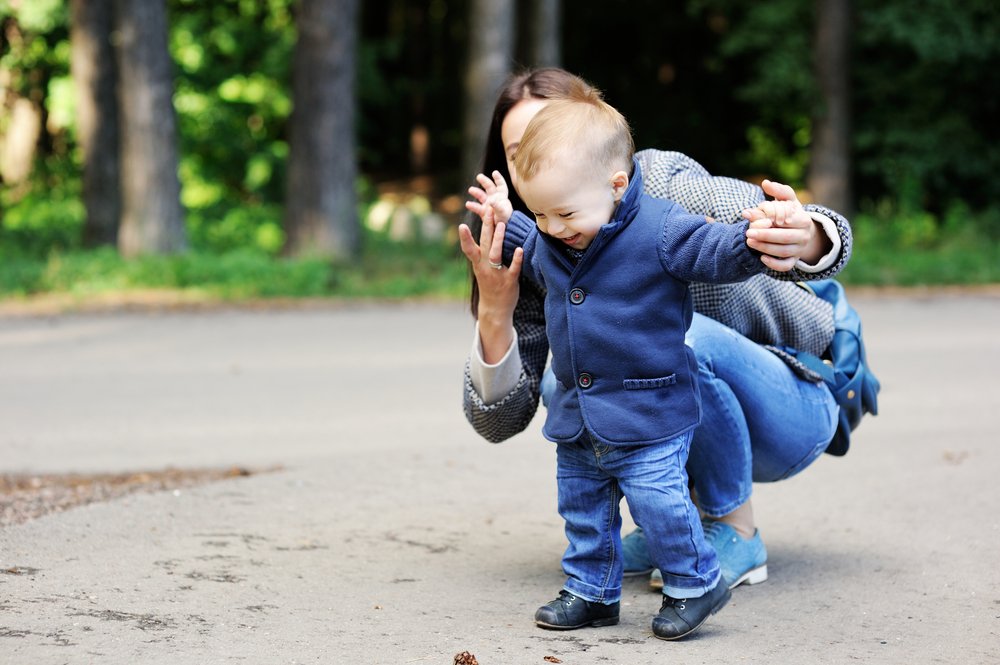
When a child learns to walk and falls down 50 times, he never thinks “maybe this isn’t for me”. Key Points: 1. Babies…
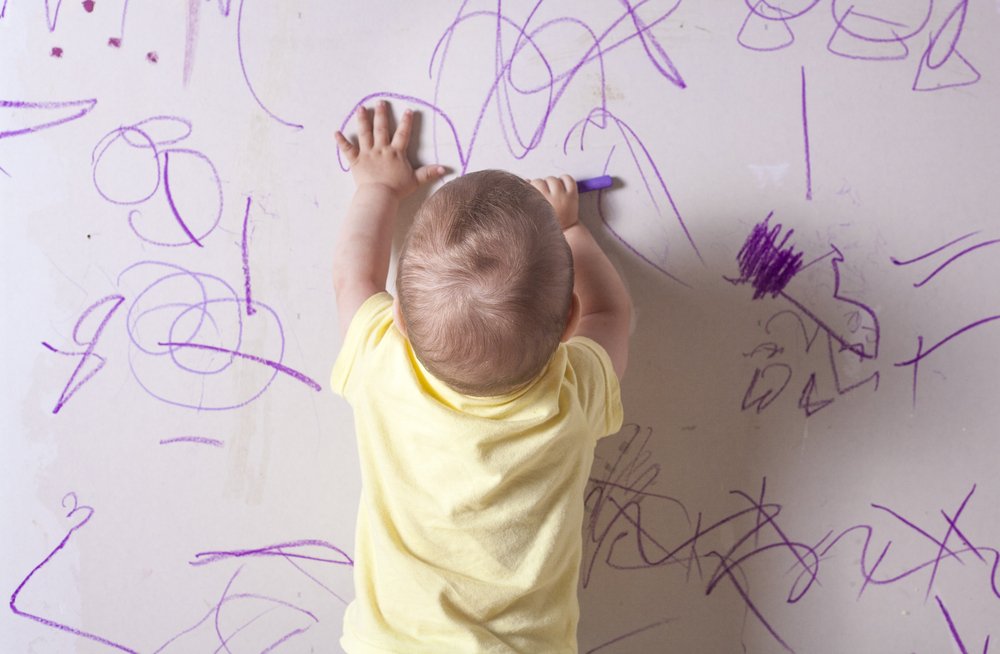
With the sudden boom on computers, tablets, and phones as convenient playtime devices, it seems we’ve lost a little touch of one of…
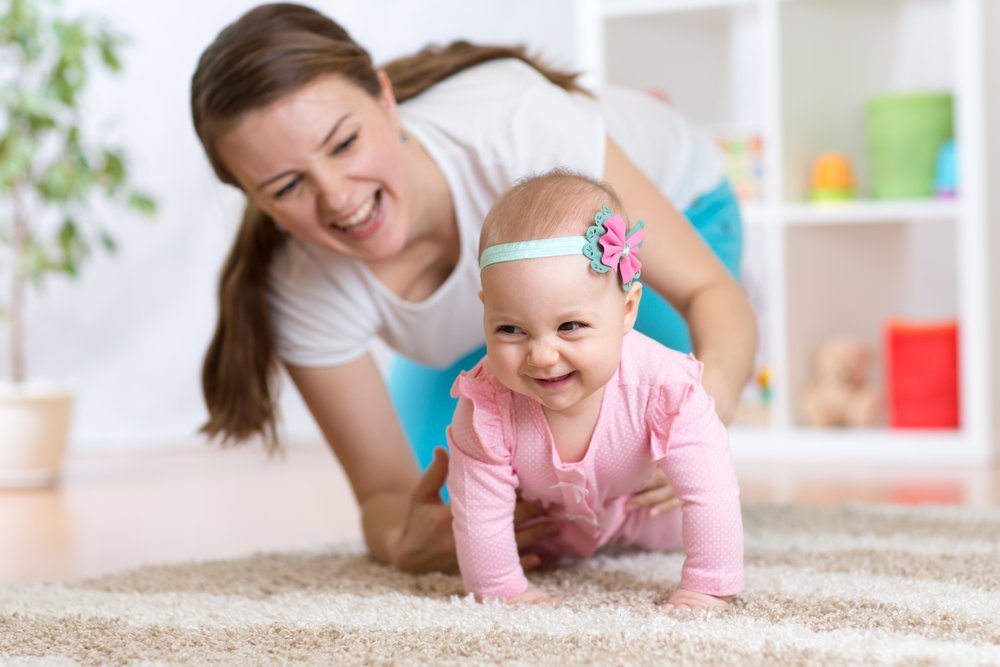
Key points: 1. Crawling boosts motor skills, balance, and muscle strength. 2. Enhances brain coordination, problem-solving, and spatial awareness. 3. Fosters confidence, independence,…
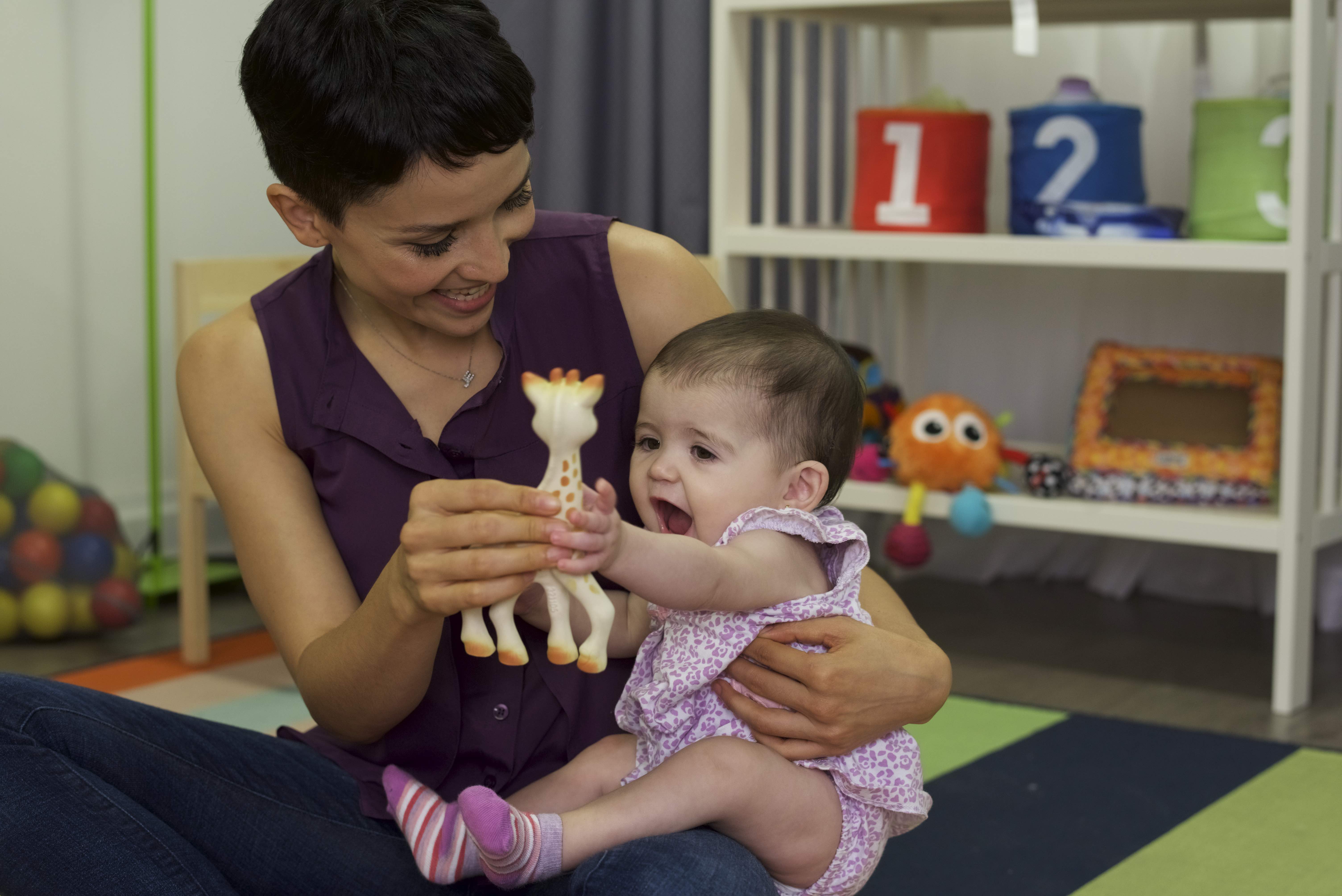
Key points: 1. Fine motor skills involve precise hand and finger movements. 2. Progress from reflexive grasping to purposeful object interaction. 3. Key…
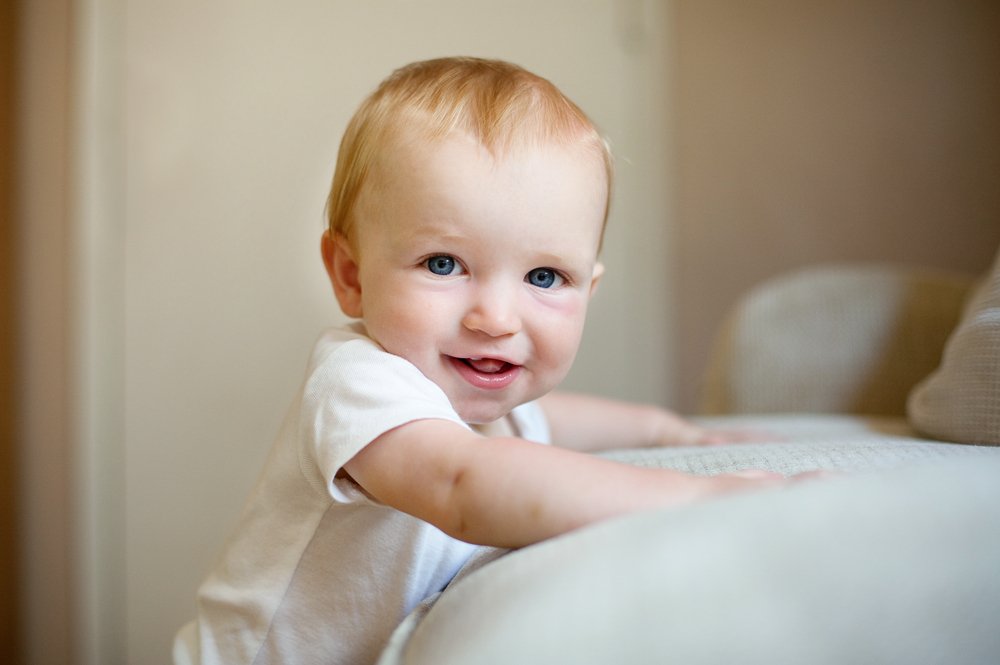
Key points: Learning to stand is a significant milestone on the path to a baby’s first steps, requiring muscle strength, coordination, and the…

Key points: Rolling over is an important milestone for babies, signifying increased strength in their arms, back, and neck. Babies typically start rolling…
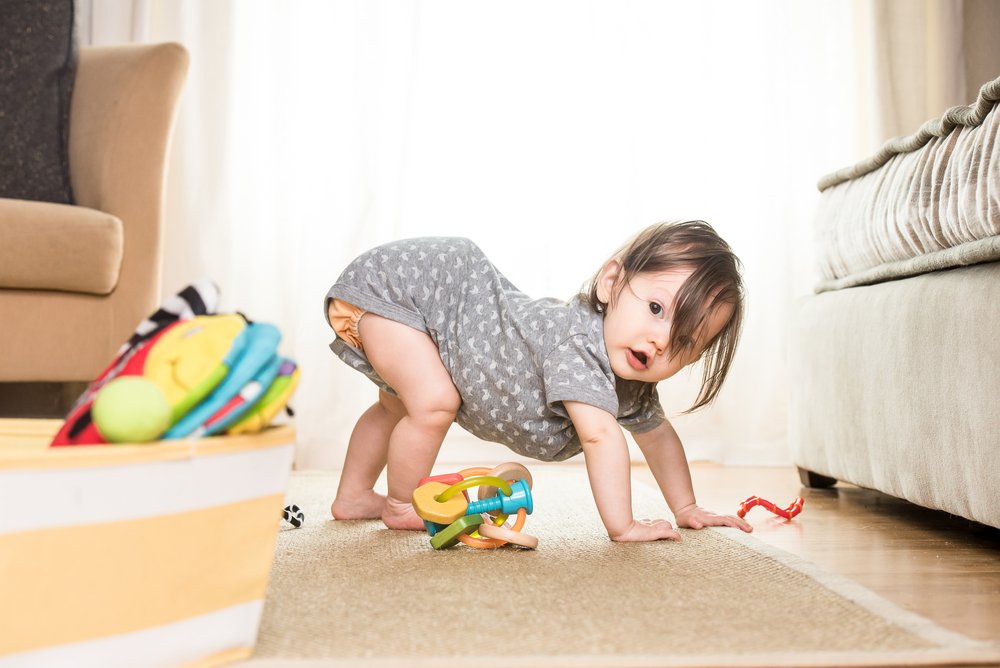
Key points: Babies can crawl in various styles, not just hands-and-knees. Key is the desire to move and explore. Styles: classic, bear, belly,…
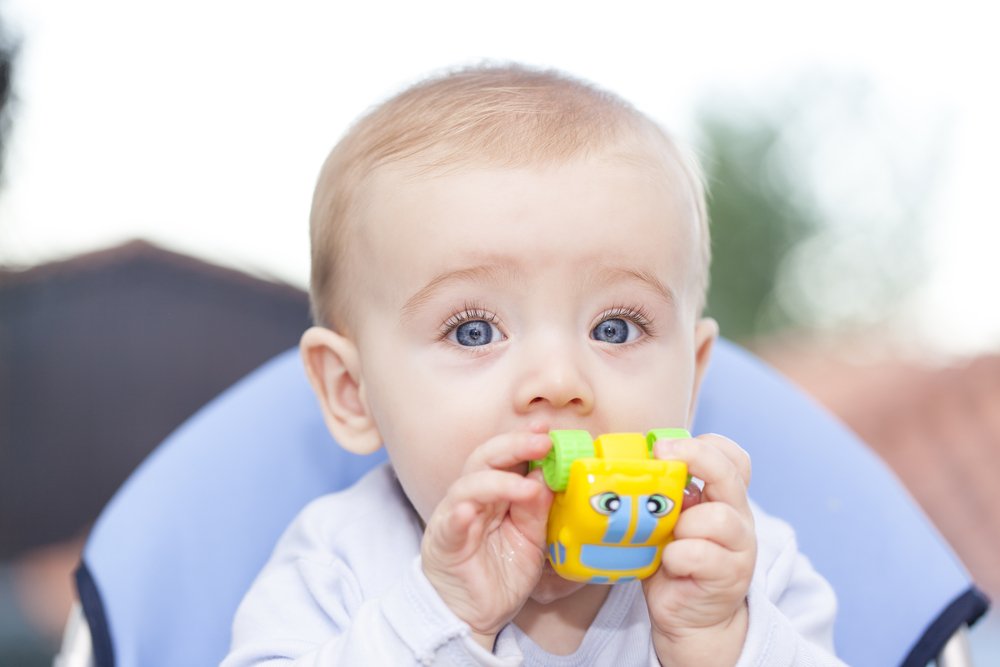
Key points: 1. Mouthing objects helps babies explore textures and tastes, aiding their development. 2. Babies may mouth objects more during teething, offering…
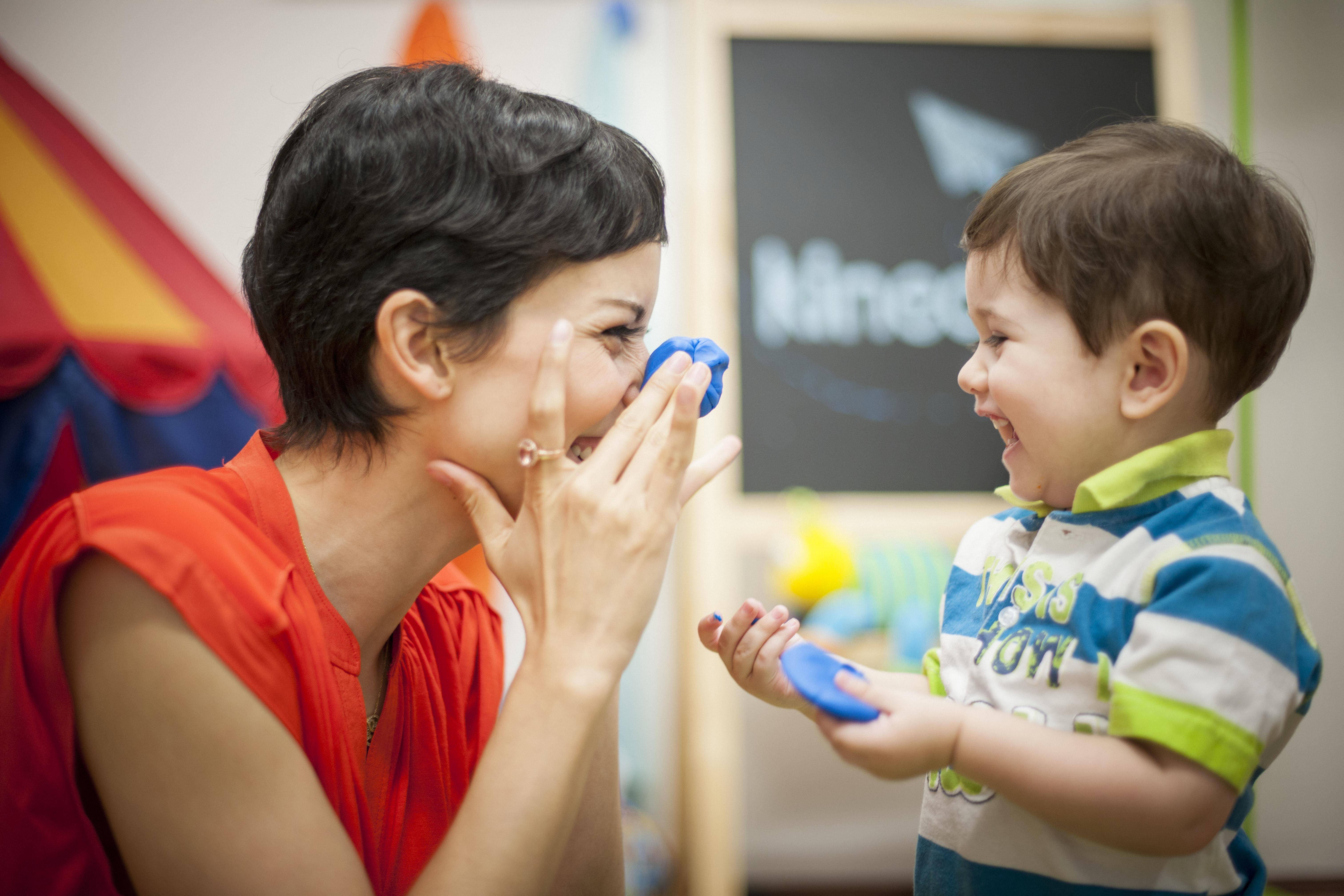
Key points: Baby’s brain actively learns through senses of touch and smell. Sense of smell is well developed at birth, allowing recognition of…

Key points: 1. Tummy time aids muscle development for crawling and milestones. 2. Start tummy time soon after birth, gradually increasing duration. 3….

Key Points: Supporting the head and developing neck muscles is a crucial physical milestone for babies. It lays the foundation for other physical…

Watching your baby begin to develop independence can be exhilarating. Your child enjoys this process too since they can now explore the world…
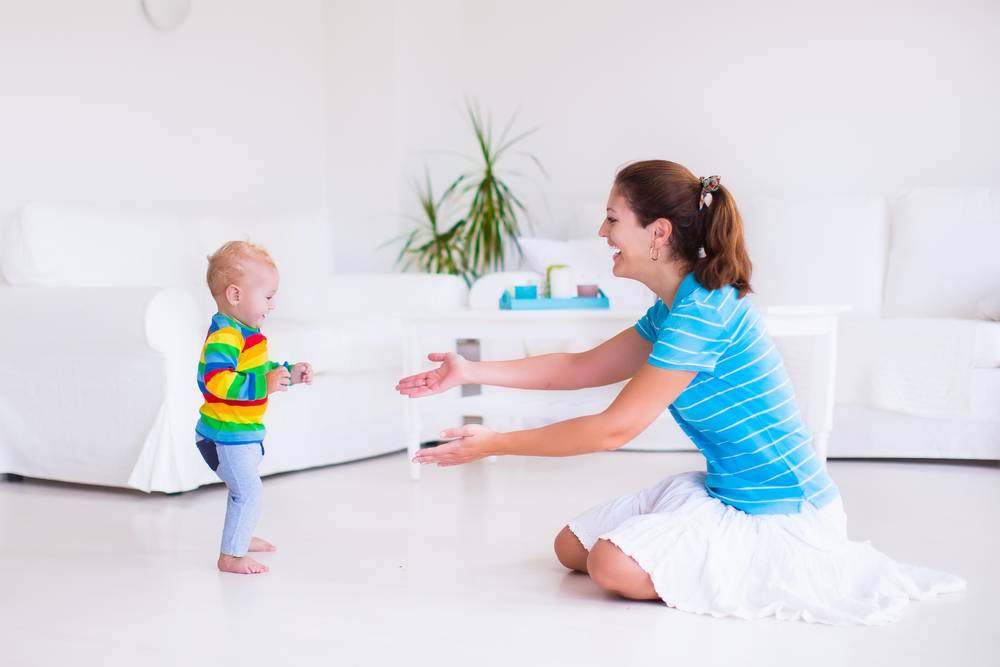
Key points: Gross motor development is more than just movement and leads to a better understanding of the social and physical environment. Gross…
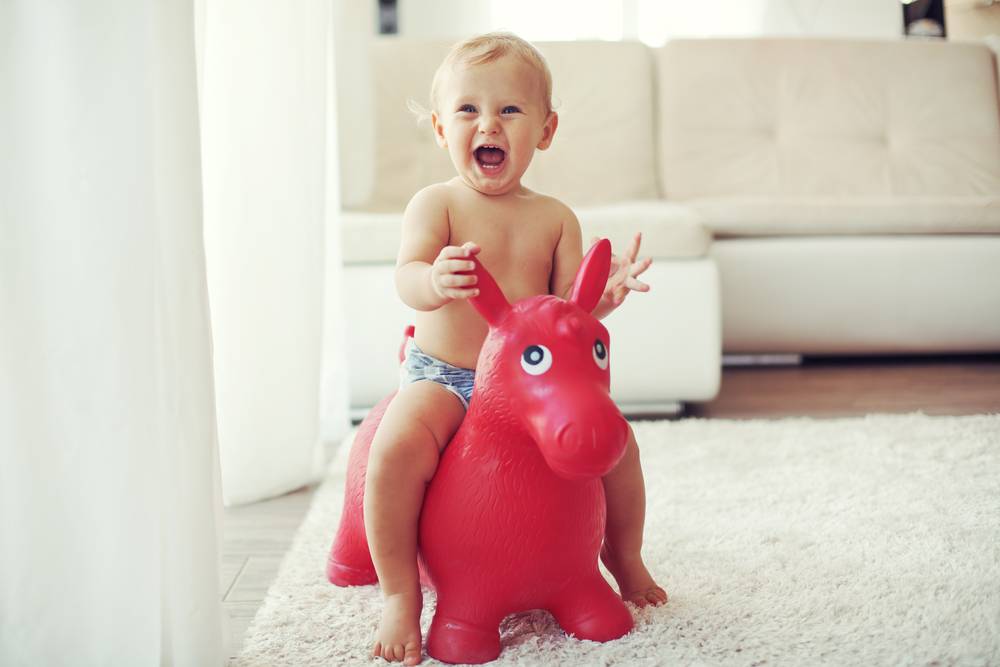
Key points: Balance is a fundamental sense reinforced through repetitive motion. The vestibular system, responsible for balance, often goes unnoticed as it functions…
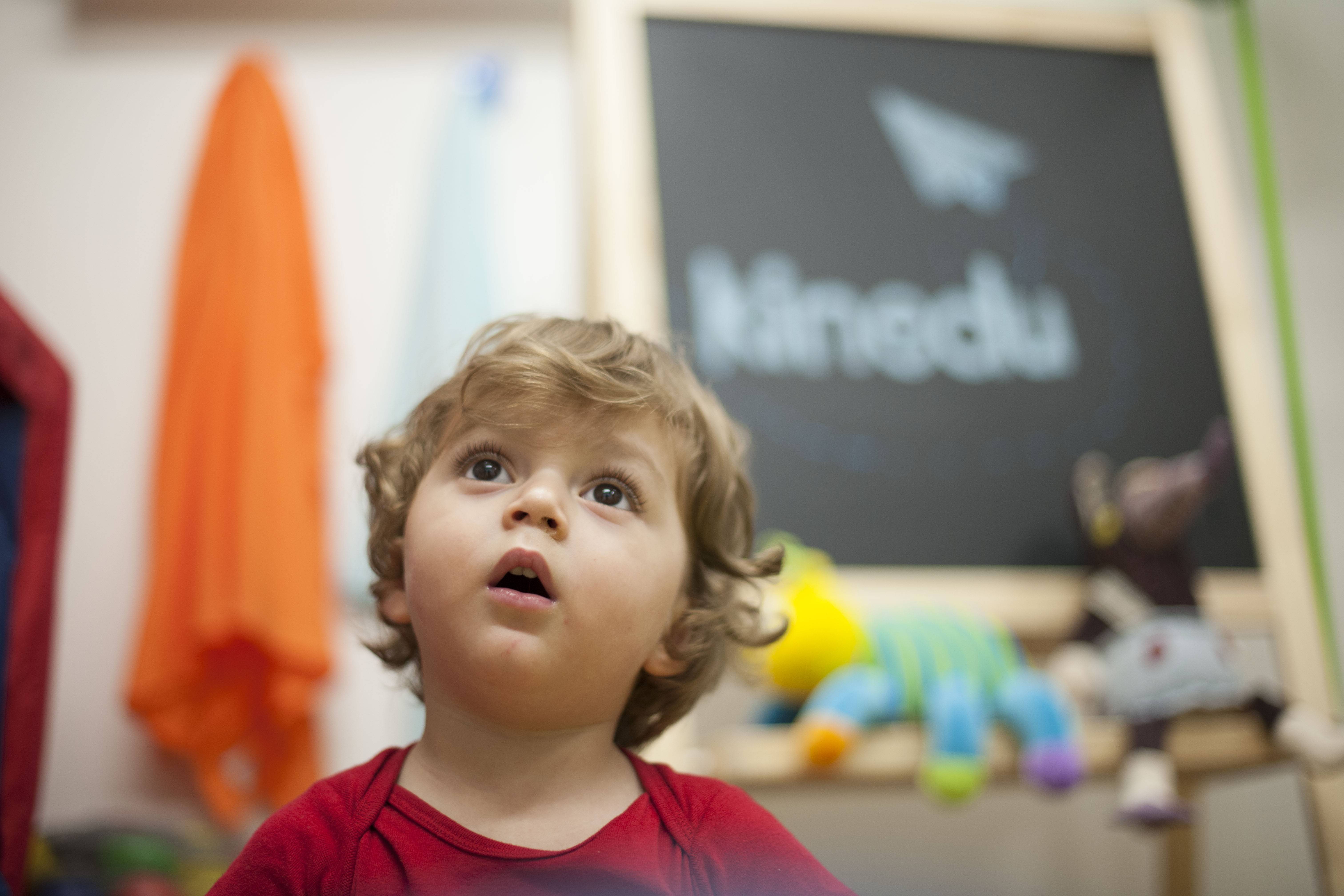
Key points: 1. Babies often fall asleep in cars due to the vestibular system’s confusion between motion and visual stillness. 2. Babies cry…
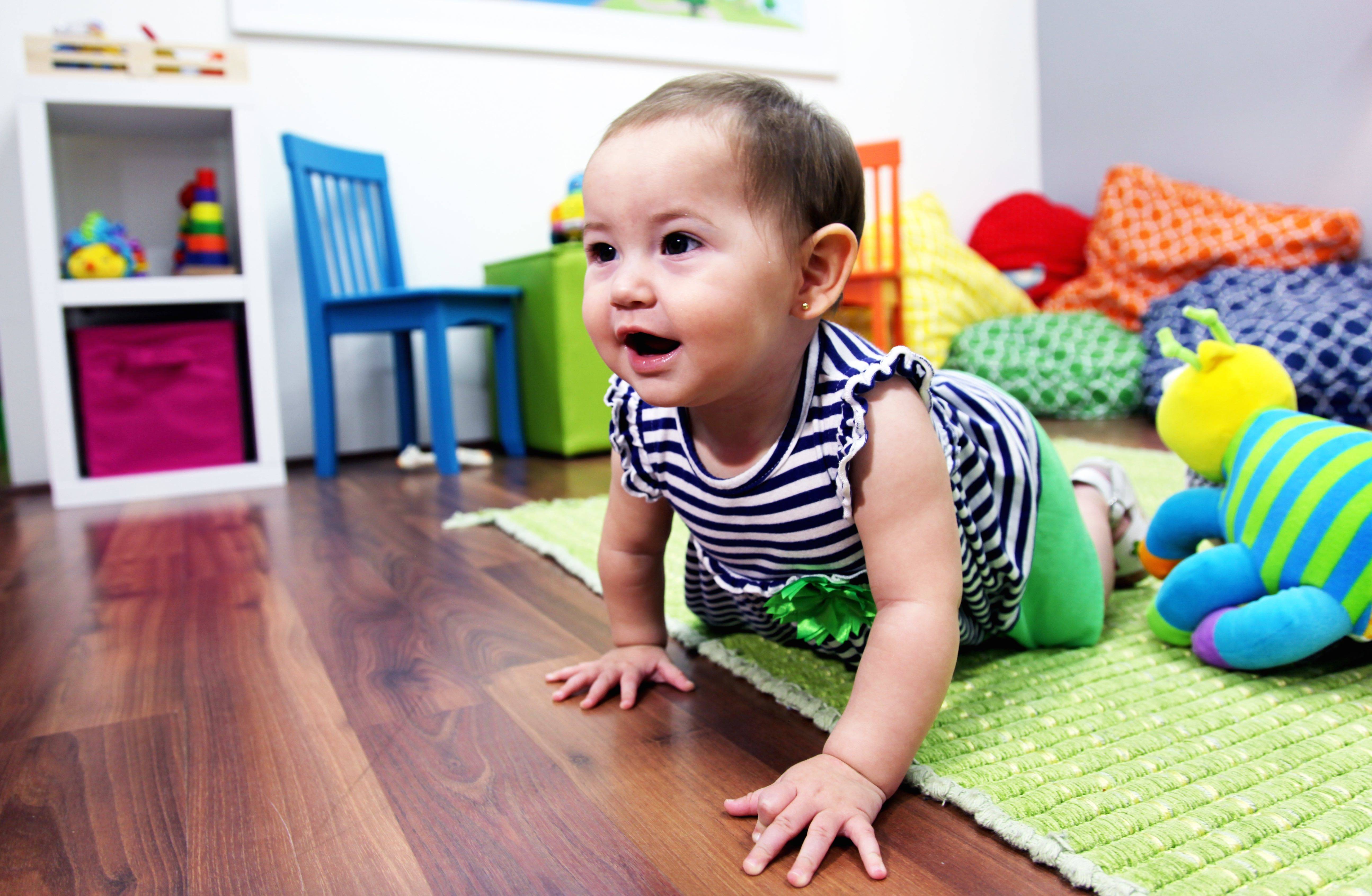
Key Points: Crawling is an exciting and important developmental milestone for babies, typically occurring between seven and nine months of age. There is…
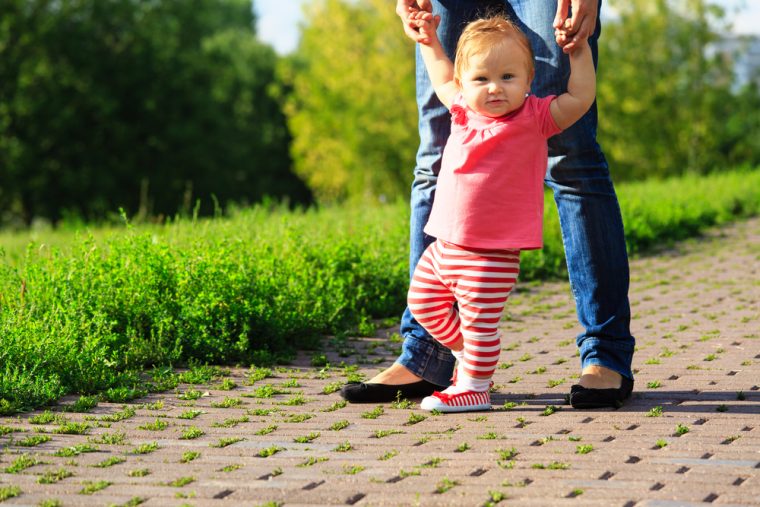
Key Points: Learning to walk is a major physical milestone for babies and typically occurs between nine and 15 months of age. Babies…
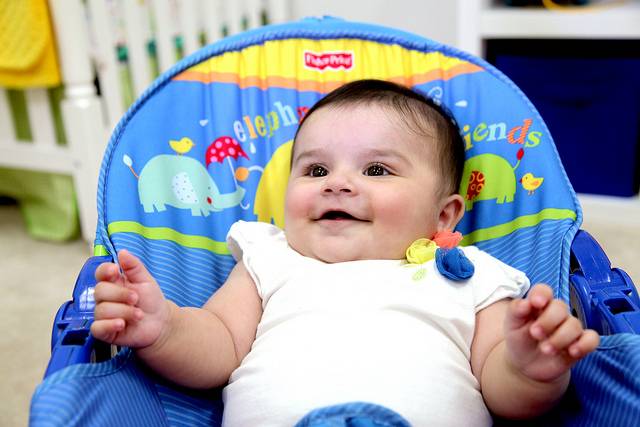
Key points: Newborns have blurry vision and gradually develop better eyesight. Baby’s vision is crucial for learning about the world. Visual development in…